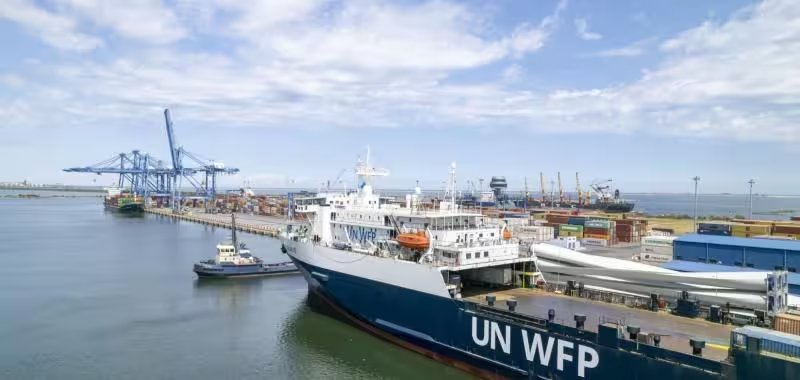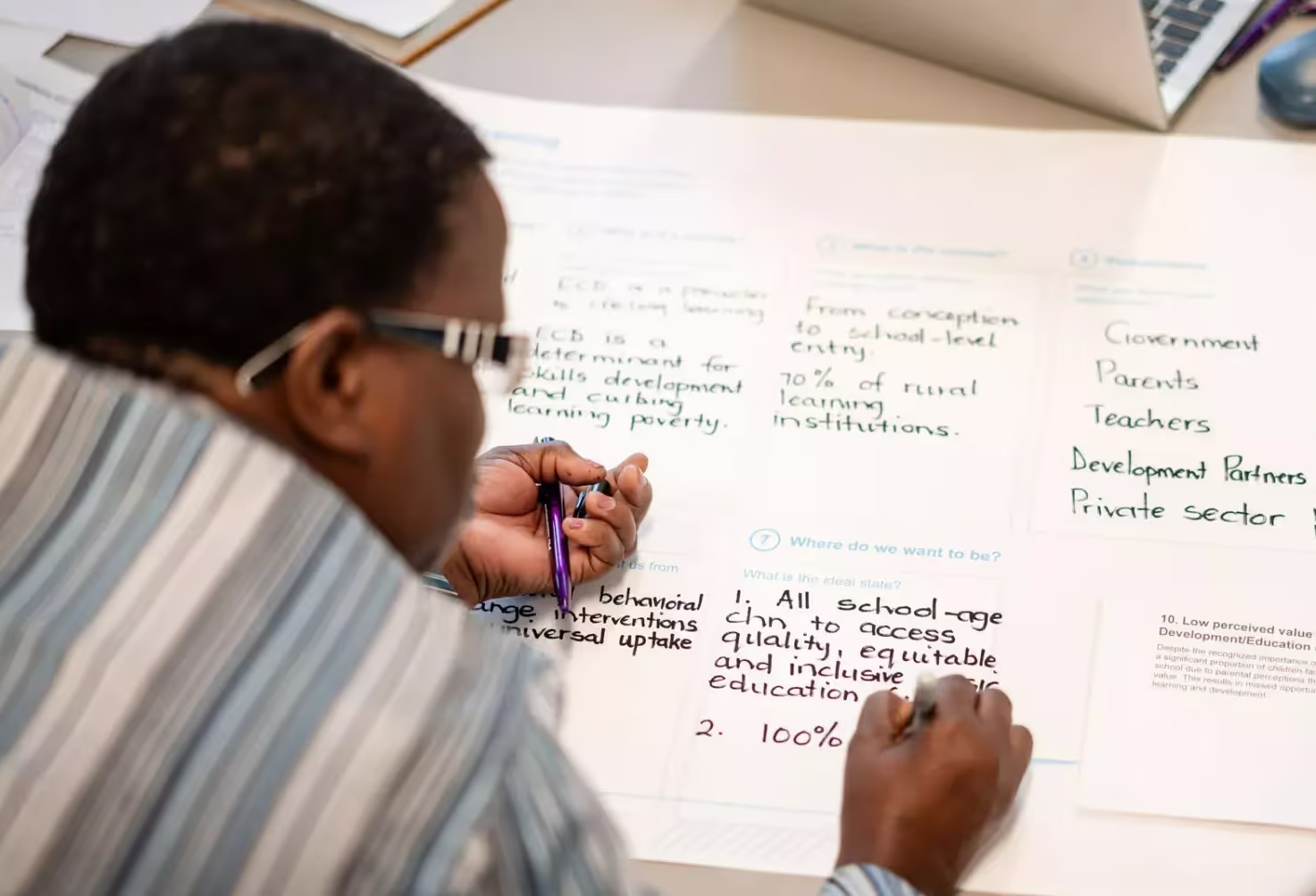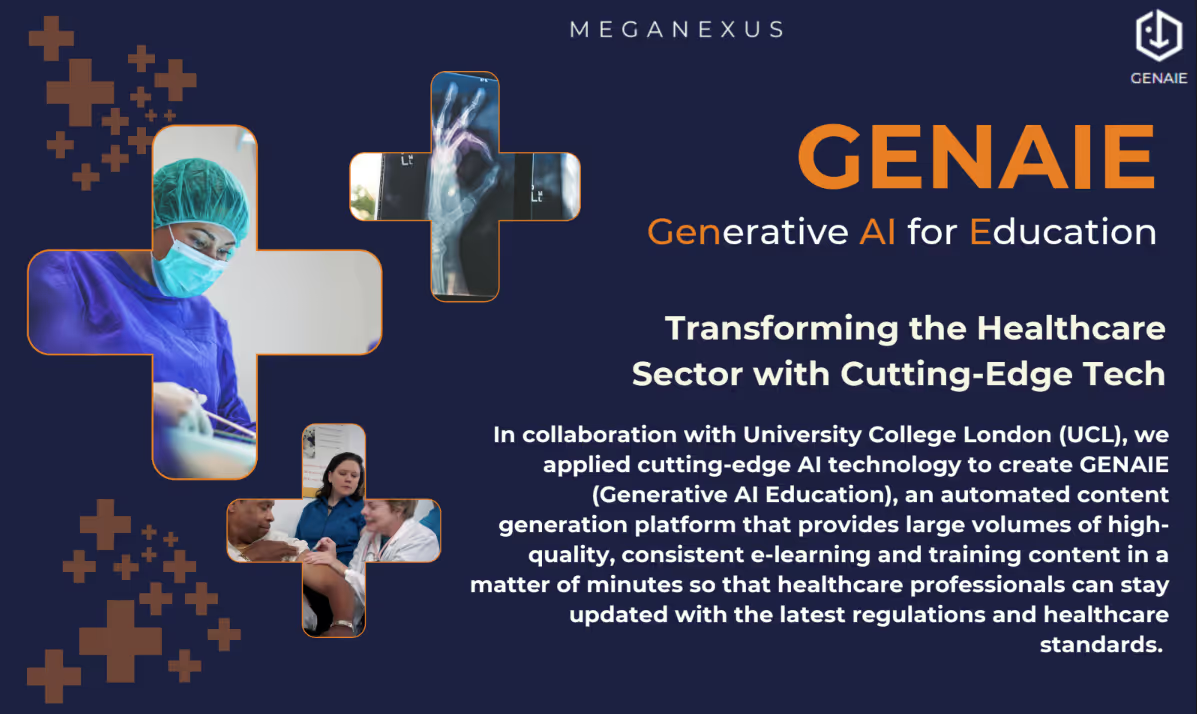CedarCoin

Backed by blockchain technology, CedarCoin will promote the reforestation and protection of Lebanon’s ancient cedar forests, the symbol of the country. One CedarCoin will be assigned to a specific tree. For each tree planted, a CedarCoin will be distributed to its investor and to the communities hosting the trees; encouraging reforestation and rewarding environmentally-conscious behaviour. CedarCoin will raise money to buy more trees and finance replanting programmes. In future, CedarCoin owners will be able to ‘adopt’ a specific tree, and see its location and GPS coordinates. CedarCoin will also be used to promote solar photovoltaic technology—allowing supporters to invest in solar panels to replace carbon-generated power. Investors will be paid in CedarCoins equal to the electricity and the income the panels generate. Live Lebanon’s mobile app, Lebanon Connect, will be expanded to enable direct contributions to crowd investing campaigns. Participants will be able to buy CedarCoins through digital wallets such as Lykke, a Swiss-based free exchange global marketplace. For as little as US$20, Lebanese expatriates will be able to digitally connect to their home country as well as to a community of investors and public and private sector organizations, and ensure that the trees that have stood as the symbol of their country for thousands of years have a healthy future.


.avif)

